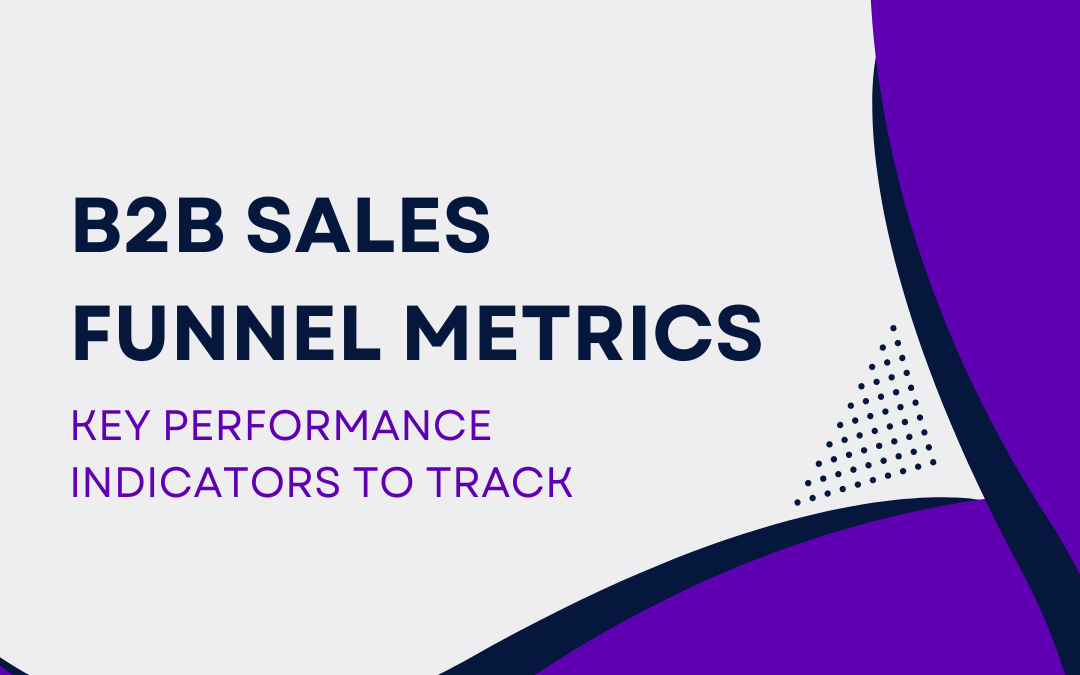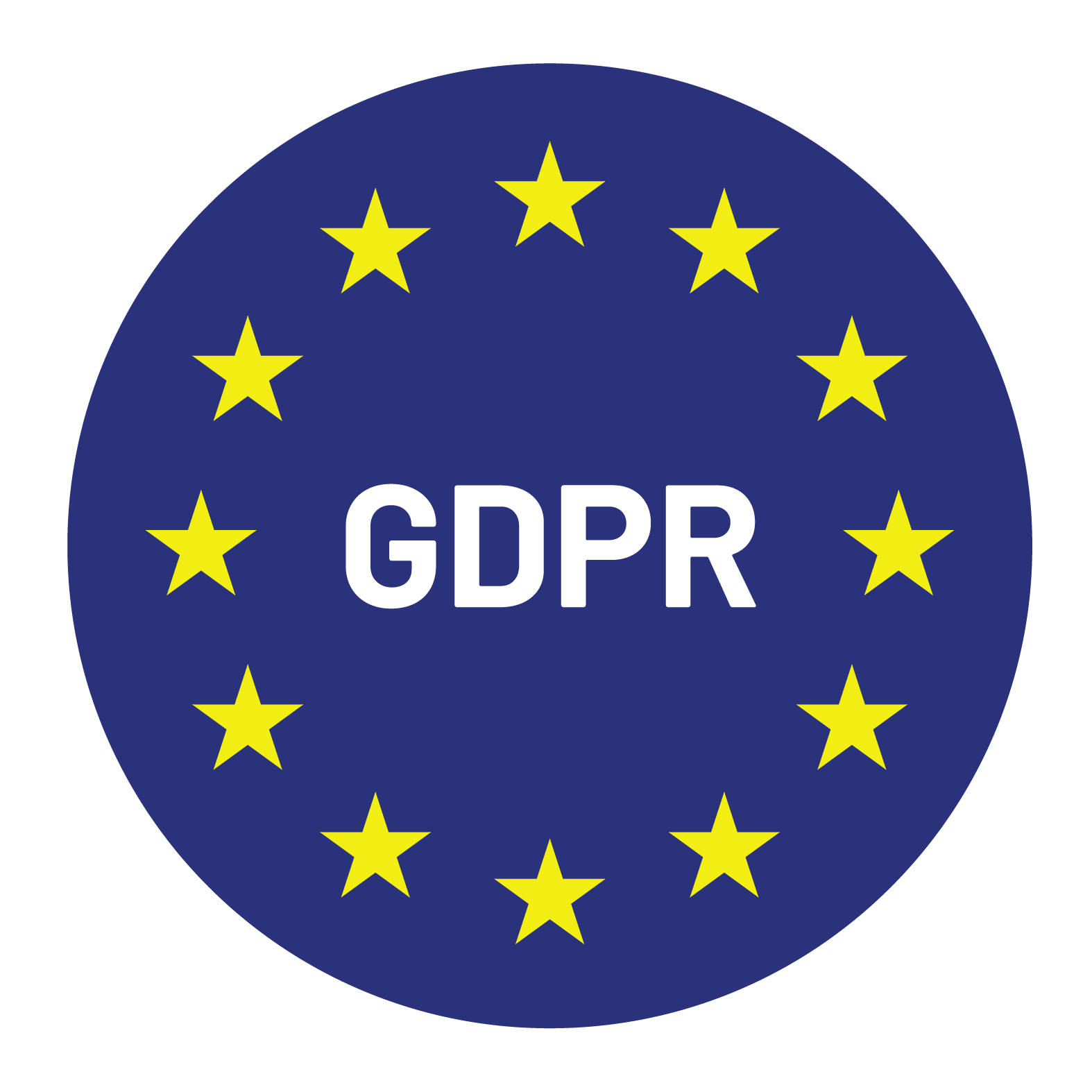


Marketing Coordinator for Whistle, passionate about content creation and over six years experience in digital marketing.
In the realm of B2B sales, where precision and strategic decision-making reign supreme, the journey from prospect to customer is a nuanced process that demands careful analysis and optimization. This is where the significance of B2B sales funnel metrics comes into play. Imagine having a finely tuned compass that guides you through the intricacies of every interaction, every touchpoint, and every negotiation within the sales funnel. These metrics, known as Key Performance Indicators (KPIs), serve as the illuminating beacons that enable businesses to navigate the twists and turns of their sales journey with confidence and clarity. In this blog, we’ll dive deep into the world of B2B sales funnel metrics to uncover their crucial role in driving informed strategies, boosting conversions, and fostering long-term client relationships. As businesses explore options for optimizing their sales process, including outsourcing sales or utilizing the expertise of an sales outsourcing company, these KPIs become the compass for their journey toward success.
B2B sales funnel metrics are the navigational compass guiding businesses through the complex landscape of customer interactions. These metrics, comprising quantifiable data points, illuminate the path from initial awareness to conversion. By diligently tracking and analyzing these metrics, businesses gain invaluable insights into the effectiveness of their strategies, enabling them to fine-tune approaches, enhance customer engagement, and drive more efficient conversions. As the heartbeat of data-driven decision-making, these metrics empower businesses to optimize their sales journey and cultivate lasting customer relationships. Whether you’re offering software as a service (SaaS) or exploring email marketing strategies, these metrics remain essential.
When it comes to B2B sales, the sales funnel stands as a fundamental framework that captures the journey a potential client embarks upon from initial contact to becoming a loyal customer. Imagine it as a roadmap guiding businesses through the complex landscape of interactions, engagements, and negotiations. This journey is not linear; instead, it comprises distinct stages, each playing a crucial role in nurturing leads, building trust, and finally closing deals. From the moment a prospect becomes aware of a solution to the point where they commit to making a purchase, the B2B sales funnel guides their progression, providing a structured approach for businesses to understand and influence their clients’ decisions.
The B2B sales funnel typically consists of several stages, each reflecting a pivotal point in the customer’s decision-making process. Starting with the “Awareness” stage, where potential clients become familiar with a business’s offerings, to the subsequent “Interest and Consideration” stage, where engagement deepens, the funnel progresses to the “Evaluation” stage, where solutions are actively assessed. The journey then leads to the “Decision” stage, where final negotiations take place, ultimately culminating in the “Post-Sale” stage, where customer satisfaction and retention become paramount. The significance of understanding these stages lies in the ability to tailor strategies, content, and interactions to cater to customers’ evolving needs and motivations, optimizing conversions along the way.
B2B sales metrics are the compass guiding businesses along the intricate path of the sales funnel. They provide quantitative insights into the effectiveness of strategies and the overall health of the sales process. These metrics offer more than just data; they offer clarity, enabling businesses to track progress, identify areas for improvement, and make informed decisions. When harnessed effectively, B2B sales metrics serve as a strategic advantage, aligning businesses’ efforts with their clients’ behaviors and preferences. As the heartbeat of a data-driven approach, these metrics enable proactive adjustments, leading to enhanced customer experiences, increased conversions, and sustained growth. Whether you’re exploring email marketing initiatives or considering SDR outsourcing company services, these metrics provide the foundation for your success.
Data-driven decision-making has transformed the way businesses approach their sales strategies. Metrics, particularly Key Performance Indicators (KPIs), play a pivotal role in this paradigm shift. They provide the empirical foundation upon which businesses can base their decisions, optimize their efforts, and fine-tune their strategies for maximum impact in the B2B sales cycle. These metrics act as a window into customer behavior, revealing patterns, trends, and pain points that might otherwise remain hidden. By leveraging these insights, businesses gain the power to proactively address challenges, refine approaches, and create a sales journey that resonates with potential clients on a deeper level, especially when considering B2B selling tactics.
In the initial stages, metrics such as website traffic, page views, and social media interactions provide insight into how well your brand captures attention and generates awareness among potential clients. These KPIs are essential for lead generation and understanding your ideal customers.
As prospects delve deeper, metrics like time spent on your content, webinar attendance, and content downloads reveal their genuine interest and level of engagement with your offerings. These insights are crucial for nurturing relationships and making informed decisions regarding purchasing decisions.
Metrics such as lead scoring, form submissions, and demo requests help gauge the potential of converting leads into qualified opportunities. These KPIs provide insights into how effectively your B2B salespeople are identifying decision-makers and progressing leads.
The pivotal moment arrives when potential clients convert. Metrics like conversion rates, deal values, and sales cycle duration provide insights into the effectiveness of your closing strategies.
Beyond the sale, metrics like customer satisfaction scores, repeat purchases and referral rates offer a glimpse into the impact of your sales process on long-term customer relationships.
Each stage presents a unique set of KPIs that collectively paint a comprehensive picture of your B2B sales funnel’s health and effectiveness. By diligently tracking these metrics, businesses can refine their strategies, address pain points, and create a sales journey that resonates with clients at every step, even when utilizing an outsourced SDR team.
In the realm of B2B sales, data isn’t just numbers; it’s a powerful asset that holds the key to enhancing performance, refining strategies, and achieving unparalleled success. B2B sales metrics, as the heartbeat of this data-driven approach, offer a treasure trove of insights waiting to be uncovered. Harnessing these insights requires more than just tracking numbers—it demands a strategic approach that transforms raw data into actionable intelligence.
In the fast-paced world of B2B sales, staying ahead requires not only insightful metrics but also the right tools to gather, analyze, and interpret the data effectively. The evolution of technology has brought forth a multitude of solutions designed to streamline the process of tracking and utilizing key performance indicators (KPIs) for enhanced decision-making in the sales process.
In the dynamic landscape of B2B sales, where precision and strategic decision-making are paramount, the role of sales funnel metrics cannot be overstated. These key performance indicators (KPIs) act as your guiding light, illuminating the path from initial engagement to conversion and beyond. By diligently tracking and deciphering these metrics, businesses gain the power to refine their strategies, optimize customer interactions, and make informed decisions that shape their sales success. The journey begins with understanding the multi-stage B2B sales funnel, appreciating each phase’s significance, and recognizing the nuances that govern client behavior. Armed with this understanding, the strategic utilization of KPIs becomes the linchpin of your sales strategy. These metrics provide the insights needed to fine-tune your approaches, address bottlenecks, and enhance customer experiences.


© Copyright – Whistle 2023

An expert panel on best practices for selling software.